Practice areas
Since its establishment Siccardi Bregante & C. has offered a wide range of shipping law services, both contentious and non-contentious. The experience accrued in this field and the in-depth knowledge of the market allows us to offer Clients, which include shipowners, charterers, shipyards, underwriters, banks or other players, a competent, specialised and dedicated service.
With the aim of constantly addressing any specific new or changed requirements of our Clients through a constant process of study and update, we have expanded our practice to matters related to shipping law, such as air, road and railway transport, logistics, non-marine insurance, industrial certification, national and transboundary insolvency procedures.
THE FIRM
For more than forty years, taking advantage of the continuous and constant updating of our professional knowledge, we have stepped forward as a reference point for all players who – in shipping and related matters – seek quality assistance for the pragmatic solution of their legal needs.
Over time we have strengthened our resources, joining together with the most experienced partners a new generation of lawyers, who have contributed to improve the practice of our Firm not only by their professional knowledge but also bringing new ideas when facing the challenges of a continuously developing market.
18-02-2026
Insurance: the new cargo clause excluding pure cyber losses from cover - Assagenti Newsletter
On January Assagenti Newsletter Avv. Alberto Bregante analyses the clause ‘Marine Cargo Cyber Exclusion With Physical Theft Confirmation Endorsement’ (published on 28/10/2025 by the Joint Cargo Committee of the Lloyd's Market Association) providing cover in cases where the physical theft of goods has been facilitated by a ‘cyber’ intervention, while in case of loss/damage caused exclusively by cyber-attacks cover is excluded. By comparing the wording of the new clause to the previous ‘Marine Cyber Endorsement’ (LMA504), the attention is focused on the three paragraphs added to solve the issues previously experienced by operators.
Applying the new clause while damages resulting from pure “cyber events” remain excluded from coverage, cases of cargo theft, when use of cyber tools facilitates access to the cargo, and possess over them is then taken through subsequent human intervention, do fall within the scope of the cover.
We can only wait and see whether and how the new clause will be applied in the insurance market, in the UK and elsewhere, and whether it will actually contribute to greater legal certainty than the previous LMA504.
